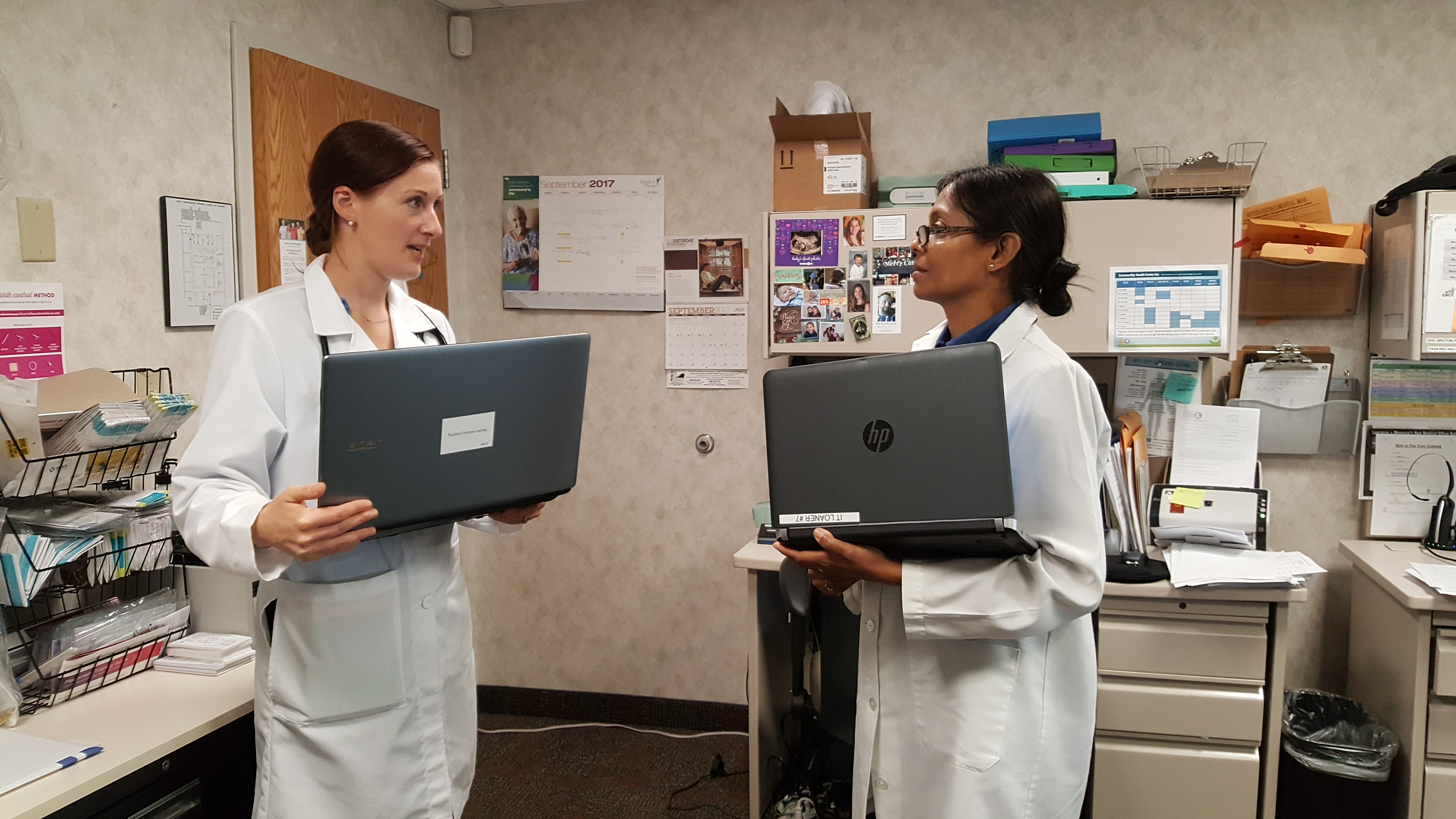Adult learners are a diverse group of individuals that have their own unique goals and responsibilities that must be balanced throughout the program. Educator Malcom Knowles (1990) identified principles of adult learning that should be considered when working with the adult student. Understanding and incorporating these principles will improve the preceptor/student relationship and effectiveness of the clinical practicum.
Adults are internally motivated and self-directed.
Review and incorporate the individual student’s learning style and objectives into the practicum.
Adults bring their own life experiences and knowledge to the learning experience.
Get to know background information on your student. Incorporate the student’s experience/knowledge into clinical encounters.
Adult learners are goal-oriented.
Adults are often more motivated when they experience a need to learn in order to problem-solve “real life” situations. Case scenarios with Socratic questioning can be helpful to link prior knowledge to new learning.
Adults are relevancy-oriented.
Adults need to know why they need to know something. Question student to assess what they see as important in the learning environment.
Adults are practical and enjoy active learning.
They need to apply new knowledge to practice in the immediate future. Active learning occurs when the student actively participates in their learning more so than listening. These activities include evaluating patients, documentation, discussions, and decision-making. Problem-based learning is often very effective with adults.
Adult learners like to feel respected.
This can be achieved by incorporating a collegial relationship and recognizing their valuable knowledge base in the clinical setting.
